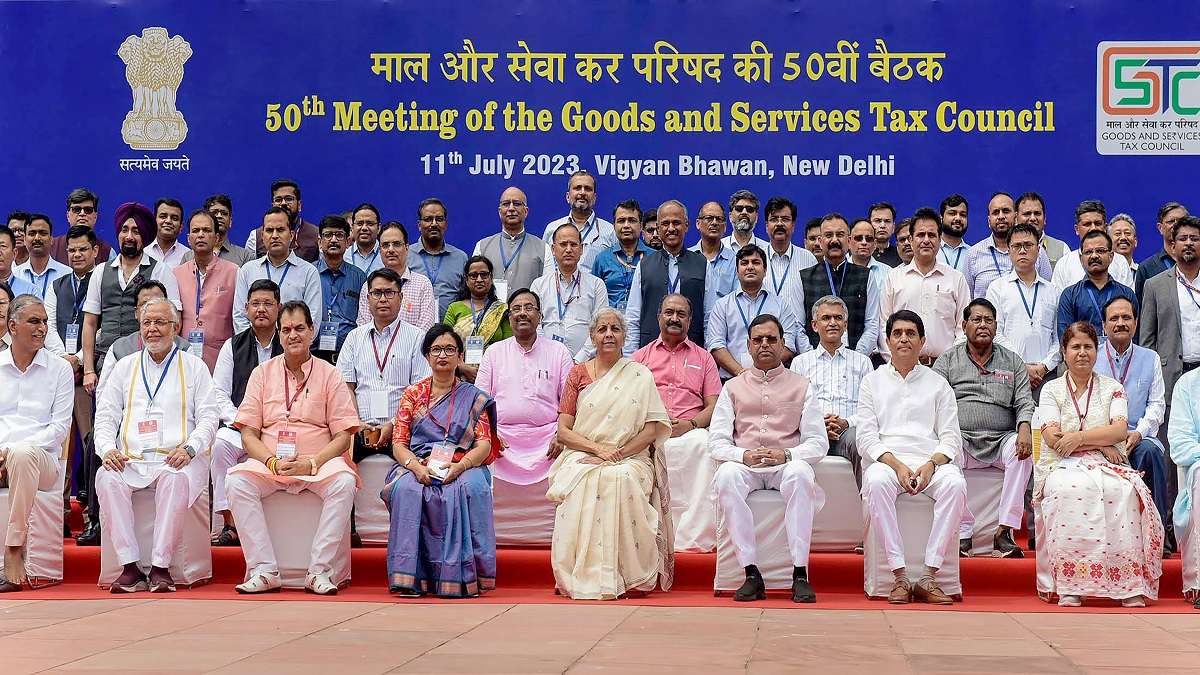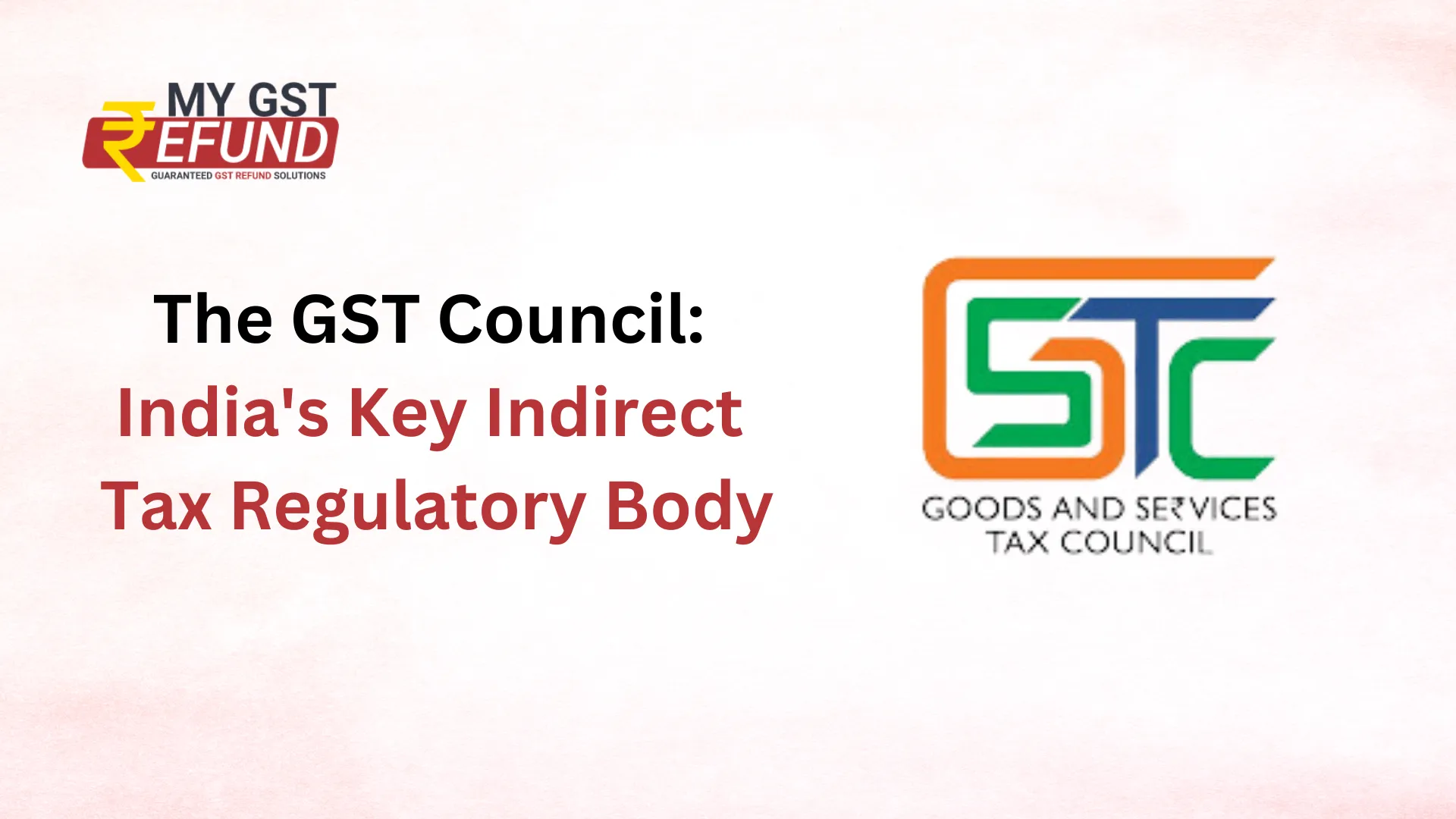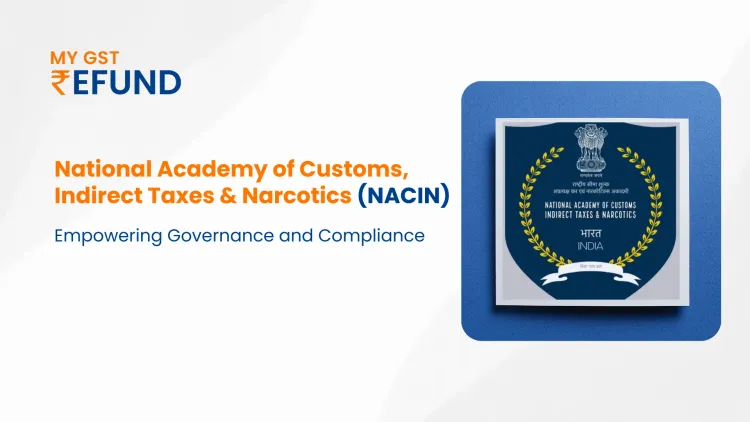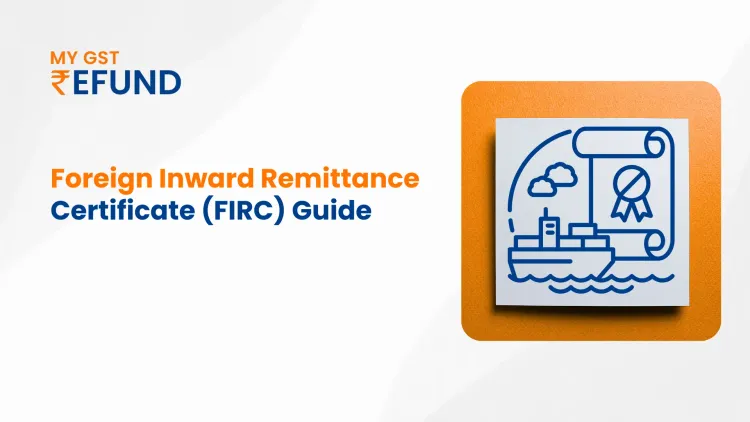The GST Council
The Goods and Services Tax Council is like the head of all the rules about GST in our country. It's a special group set up by an important law called the 101st Amendment Act of 2016. This council gives advice to both the central government and the state governments about how to make GST better.
Whenever they meet, they talk about things like which items should have GST and which shouldn't, or how to make paying GST easier for everyone. After they talk, they make a list of all the new rules or changes and tell everyone by sending out letters or putting up notices. It's like they're making sure everyone knows what's going on with GST.
What is the GST Council ?
The GST Council is like a special team that helps the central and state governments work together on taxes. They give advice to both central and state and make sure everything functions smoothly with indirect taxes.
Composition of GST Council
The GST Council is made up of members from both the central and state governments. This reflects how the Indian constitution promotes teamwork between them. Having members from all sides helps make fair decisions that consider the country's different economic situations and regional needs. The below-mentioned form the GST council
1. Union Finance Minister
The Union Finance Minister is the head of the GST Council. They lead the meetings and help everyone decide important things about the Goods and Services Tax (GST). They guide the other members to make sure decisions are made well.

2. Union Minister of State[Finance]
The Union Minister of State, who handles finance matters, is always invited to the council's meetings. They plot viewpoints and understanding about the financial topics we talk about in meetings.
3. Minister in charge of Finance or Taxation or any other Minister, as nominated by each State Government
Every state in India has a representative in the GST Council. This person is usually the state's finance or taxation minister, or someone else chosen by the state government. They present the needs and interests of their state and are heard and taken care of during the council's discussions.
Objectives of the GST Council
The GST Council holds several key responsibilities:
Determining Taxes and Exemptions: They decide which goods and services will have GST and which won't, directly affecting how much money the central and state governments earn.
Setting GST Rates: They choose the tax rates for different goods and services under GST, which affects prices and how people and businesses spend money.
Creating GST Laws and Regulations: They make rules for how GST works, like how taxes are collected and shared between the central and state governments.
Resolving Disputes: They help settle arguments between the central and state governments, or between states, about GST issues.
Special Help for Some States: They provide extra support and recommendations for states in the Northeast and hilly areas.
Importance of GST Council
The GST Council has had a significant impact on India's tax system:
Creating a Uniform Tax Structure: They've made the tax system consistent across India, which makes it simpler for businesses to understand and follow tax rules
Reducing Tax Overlaps: By combining different taxes into one system, they've cut down on situations where goods were taxed multiple times. This lowers the overall tax burden on consumers
Making Interstate Trade Easier: With a consistent tax structure, businesses find it easier to trade between states without worrying about different tax rates and rules.
Promoting Cooperation between Central and State Governments: The GST Council shows how central and state governments can work together. Representatives from all levels of government make decisions that are fair to everyone.
Settling Disputes: The Council helps resolve arguments between the central government and states about GST. This keeps the GST system running smoothly nationwide.
The GST Council is like the main gear in the GST system of India. It's the important group that makes decisions about how GST works all over the country. It helps make sure taxes are the same everywhere, stops taxes from piling up too much, and makes it easier for businesses to trade between states.
Vision and Mission of GST Council
The GST Council follows specific guidelines while doing its work. It aims to create a unified system for GST and make a unified market for goods and services across India.
Here's the vision and mission of the Council:
Vision: The Council aims to set the best example of cooperation between the central and state governments. It's the first official body with the power to make big decisions about GST.
Mission: The Council wants to develop a GST system that's easy to use and relies on technology. It plans to do this by consulting with a wide range of people.
Working of the GST Council
The GST Council makes decisions during its meetings. At least half of the total members need to be present for a meeting to happen. To pass a decision, at least three-fourths of the weighted votes of the members present and voting must agree.
Here's how the voting works:
1. The central government's vote counts as one-third of the total votes.
2. All the state governments' votes together count as two-thirds of the total votes.
Even if there are problems like vacancies in the Council or mistakes in appointing members, or if the Council didn't follow the exact procedures, decisions made by the Council won't be considered invalid as long as the main points of the decision were fair.
In conclusion, the GST Council plays a vital role in India's tax system, working as a bridge between the central and state governments. By making decisions on taxes, resolving disputes, and ensuring uniformity in tax structures, it simplifies tax processes for businesses and promotes cooperation among government levels. Its vision of cooperation and mission for an efficient GST system reflects its commitment to serving the nation's economic interests. Through fair decision-making processes, the GST Council contributes to a smoother functioning of India's tax system.
FAQs
Q.1 When was the GST Council constituted ?
Ans. It's a special group set up by an important law called the 101st Amendment Act of 2016.
Q.2 What is the GST secretariat ?
Ans. The GST Secretariat is the body that manages the GST Council. It is manned by deputies from both the Central Govt. as well as State Governments.
Q.3 When was the first GST council meeting held ?
Ans. The 1st meeting of the GST Council took place from 22nd to 23rd September 2016.
Related Posts








